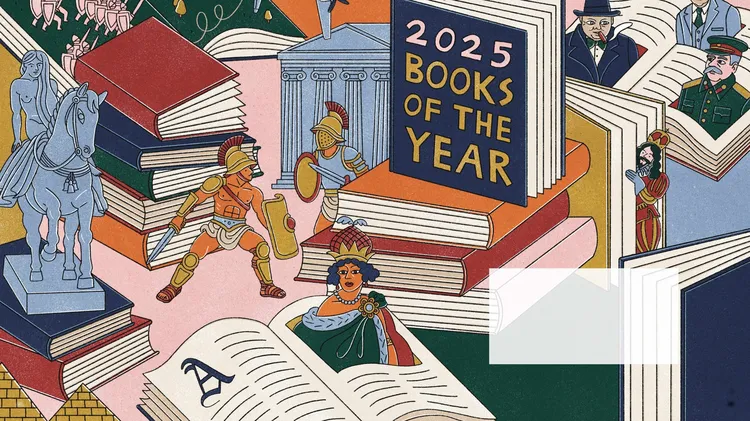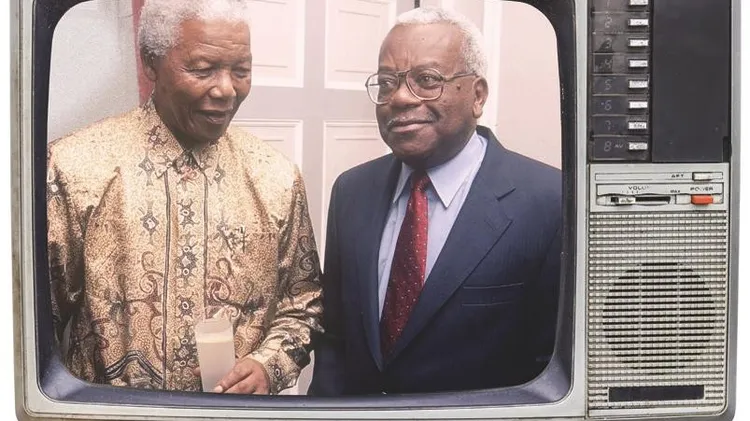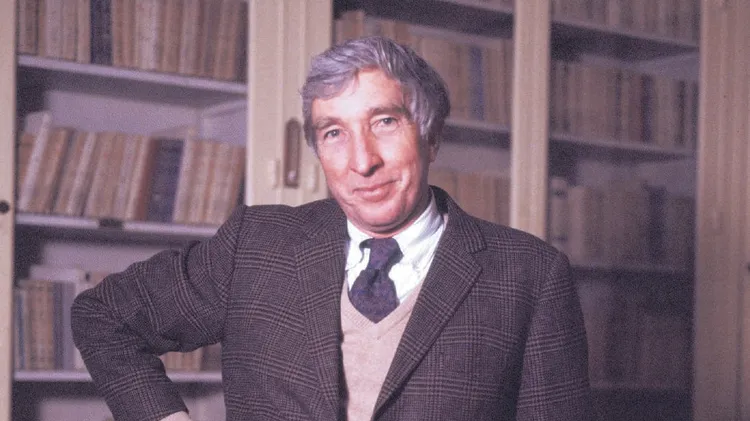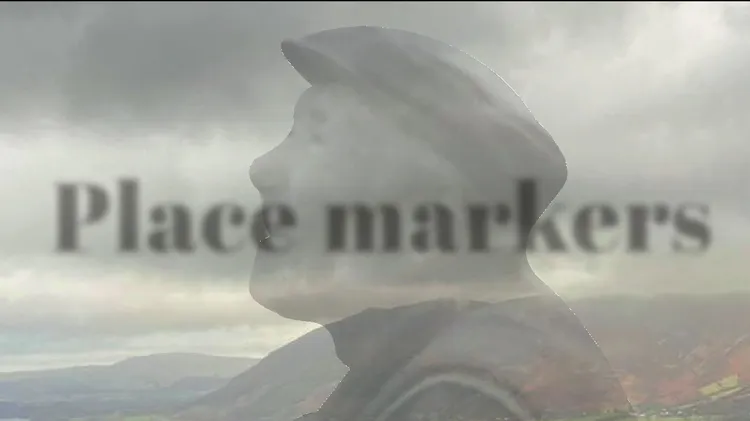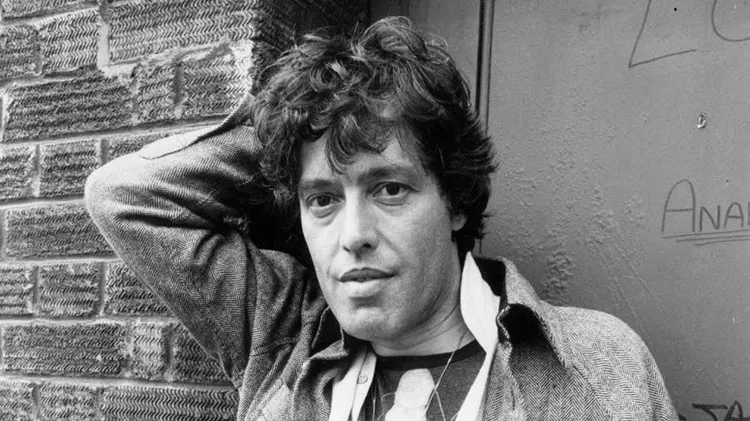MICHAEL WOOD ON… TH
The moral of this shakespearean tale? always trust your primary sources!
3 min read
This article is from...
Read this article and 8000+ more magazines and newspapers on Readly

